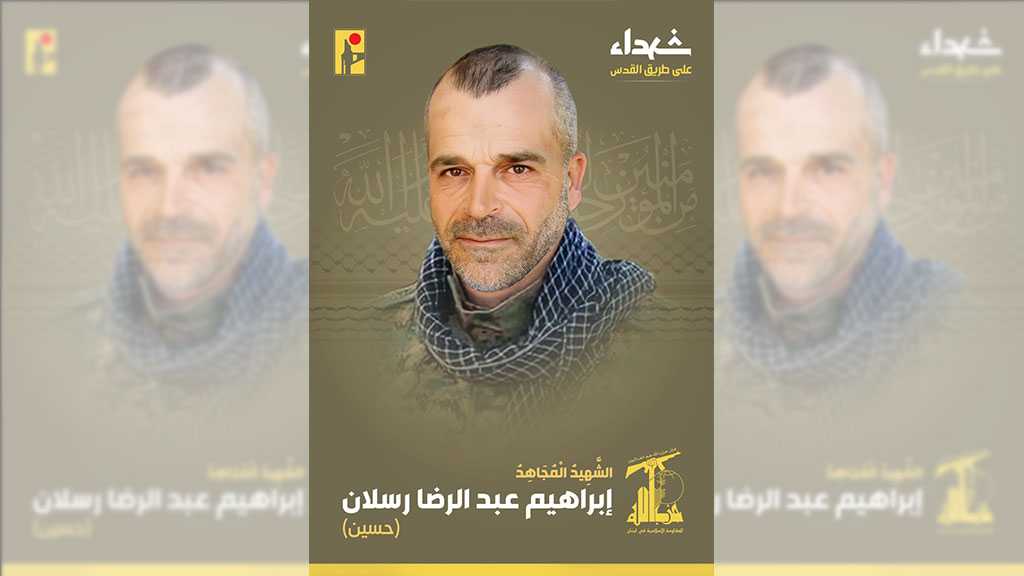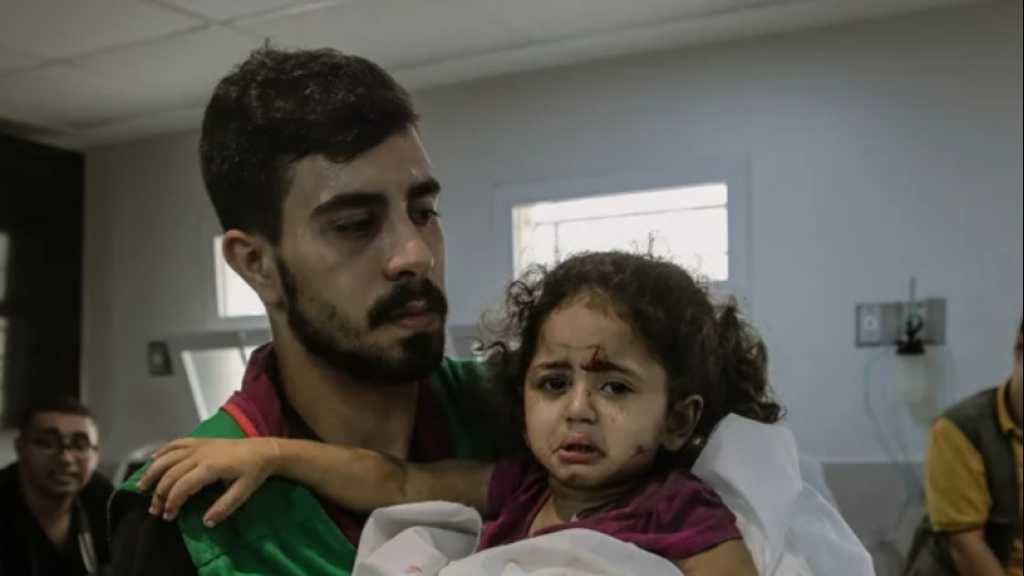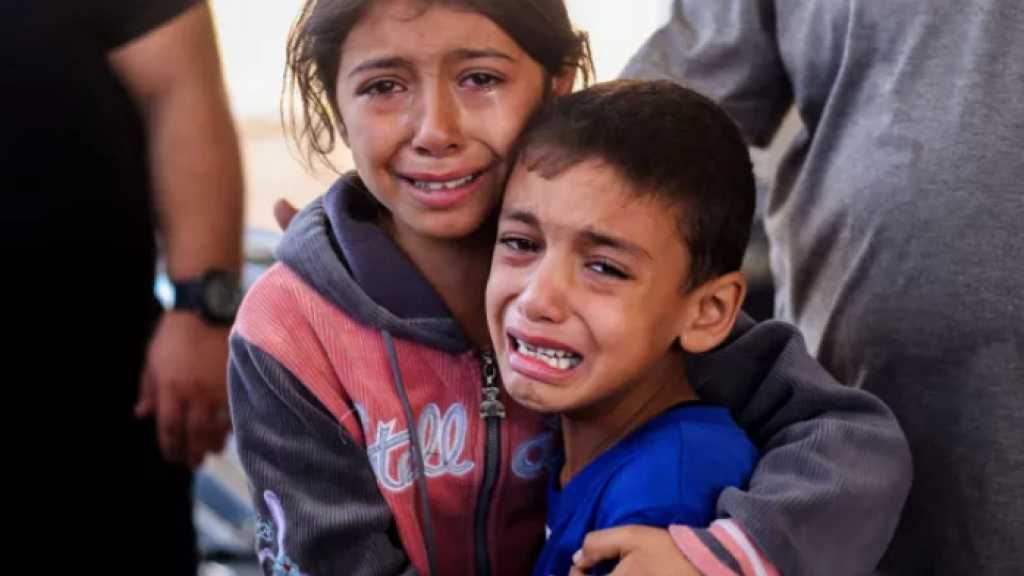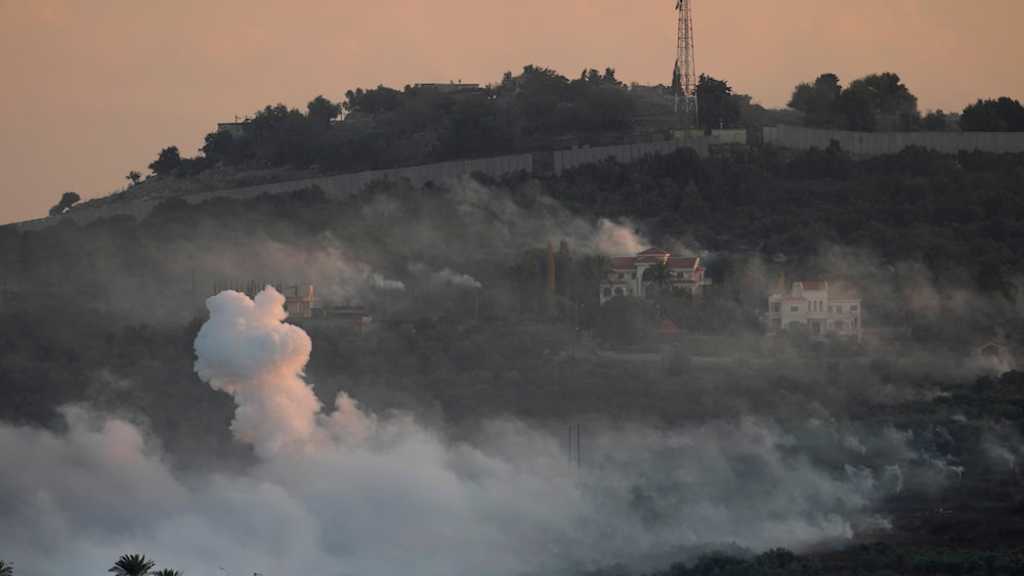
Iraq Presses Mosul Offensive, Calls On Civilians to Flee
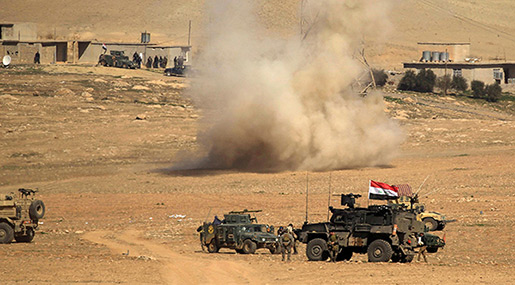
Local Editor
Iraqi forces pressed forward Monday with a broad offensive targeting Wahhabi Daesh [Arabic acronym for "ISIS" / "ISIL"]-occupied areas in west Mosul and called for civilians to leave areas where fighting is taking place.

More than seven months into the massive operation to recapture Mosul from Daesh, Iraqi forces had retaken the city's east and large parts of its western side, but the extremists are still putting up tough resistance.
"Our units are continuing to advance... and entered Al-Saha al-Oula and Al-Zinjili and Al-Shifaa neighborhoods and the Republican Hospital," said Joint Operations Command spokesman Yahya Rasool.
Daesh was using "explosives-rigged vehicles and snipers and suicide bombers" to target Iraqi forces, he told AFP.
The areas mentioned by Rasool -- which are located north of Mosul's Old City, where Daesh also still occupies significant territory -- are the main targets of the offensive, which was announced Saturday.
The Joint Operations Command also said Monday that Iraqi aircraft had dropped leaflets over Mosul urging residents to leave Daesh-occupied areas -- the second time this was done within the past week.
Overnight, planes dropped "thousands of leaflets on the Old Mosul, Al-Zinjili, Al-Shifaa and Al-Saha areas urging citizens to leave toward our security forces," it said.
This is the opposite of the strategy Iraqi forces employed in east Mosul, where they urged civilians to stay in their homes.
International aid organization Save the Children said it is "deeply concerned that any calls to leave west Mosul will mean that civilians, particularly children, are in significant danger of being caught in the crossfire."
Asked about the change in tack, Rasool noted that the western side of the city has a greater population density as well as "old areas," an apparent reference to the Old City.
The area -- a warren of closely spaced buildings and narrow streets -- had posed a significant challenge to Iraqi forces, which had surrounded it with a large number of civilians trapped inside.
"The Old City has been blockaded for a while, completely from the south and now our units are present on the north and west," he said, while the area's eastern side is bordered by the Tigris River.
The battle for Mosul had taken a heavy toll on civilians, pushing hundreds of thousands to flee, while hundreds more had been martyred or wounded.
On Thursday, the US announced the results of an investigation into a deadly coalition airstrike earlier this year.
The probe found that at least 105 civilians had been martyred and 36 remained unaccounted for after the strike detonated Daesh-planted explosives.
Daesh overran large areas north and west of Baghdad in 2014, but Iraqi forces backed by US-led airstrikes had since regained much of the territory they lost.
The recapture of Mosul will not however mark the end of the war against Daesh: the extremists hold other territory in three Iraqi provinces and are also able to carry out frequent attacks in government-controlled areas.
The Popular Mobilization Unit forces [PMU] is battling the extremists west of Mosul.
Source: News Agencies, Edited by website team
Comments
- Related News
